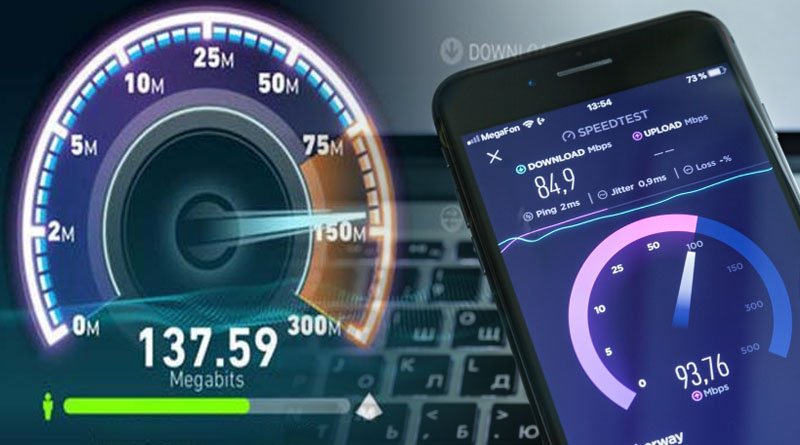Despite the fact that Pakistan and other supporting nations have broken their commitments, the UN resolution in question seeks to protect and advance human rights.

Pakistan promised to uphold free internet in the 2021 UN resolution, but has since imposed seven restrictions, according to cybersecurity firm and VPN provider Surfshark.
Despite the fact that Pakistan and other supporting nations have broken their commitments, the UN resolution in question seeks to protect and advance human rights.
When it comes to the promotion, defence, and enjoyment of human rights online, the UN Human Rights Council (HRC) Resolution from 2021 was examined by Surfshark.
15 nations that declared support for the resolution but later “broke their word” by imposing internet restrictions were found by Surfshark by comparing their positions with data from its Internet Shutdown Tracker.
Pakistan has already violated the 2021 resolution seven times, with three of those instances occurring in the past month in conjunction with the detention of former prime minister.
Pakistan was the third-highest number of countries that “broke their word” after the 2021 resolution, behind Sudan and India. In 2022, the internet was restricted 3 times when former prime minister organized a march and twice when his speech was broadcast live.
Speaking on behalf of the company, Gabriele Racaityte-Krasauske says:
The goal of the UN resolution on internet human rights is to force nations to publicly denounce these closures and other measures that censor online speech. It’s troubling, though, that despite 15 nations publicly endorsing the resolution, internet censorship was still implemented in those nations.
India, Sudan, Cuba, Uzbekistan, Burkina Faso, Pakistan, Senegal, Russia, Brazil, Armenia, Indonesia, Mauritania, Nigeria, Somalia, and Ukraine were among the nations that backed the 2021 UN resolution but “broke their word.”
66 internet outages were recorded during or after the resolution’s adoption in 15 different countries, according to Surfshark’s Internet Shutdown Tracker. As the nation that has “broken its word” the most since the resolution’s adoption in 2021, India stands out with 21 internet outages.
The second-highest number of restrictions that came into effect as a result of Sudan’s support for the resolution is nine. At the time the resolution was adopted, Nigeria and Ukraine were subject to restrictions; however, no new restrictions have been imposed since then.
A month prior to the adoption, Twitter was blocked in Nigeria; the ban was in place until January 2022. Back in 2017, as part of sanctions in retaliation for the annexation of Crimea, Ukraine blocked popular Russian apps.